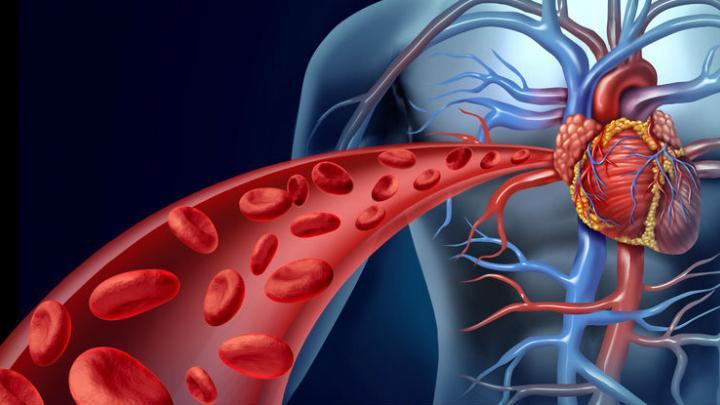
Ronald Grisanti D.C., D.A.B.C.O., D.A.C.B.N., MS
With cardiovascular disease claiming the lives of one out of two people in America today, it's no wonder people look to medicine for help preventing heart attacks and strokes.
However, the focus on high cholesterol as the main cause of heart attacks and strokes is woefully misguided. The clinically proven indicators of cardiovascular disease include elevated levels of triglycerides, insulin, cortisol and C-reactive protein, but not high cholesterol.
What About Cholesterol?
Unfortunately, medical studies show that lowering your cholesterol won't actually lower your risk of a fatal heart attack or stroke. According to William Castelli, M.D., a former director of the Framingham Heart Study, people with low cholesterol (lower than 200) suffer nearly 40 percent of all heart attacks. In addition, people with low cholesterol (less than 180) have three times as many strokes as the general population.
What are the Real Risk Factors for Heart Attack and Stroke?
The following ten items are some of the most important clinical indicators that show you have a higher risk for heart attack and stroke.
1. Cardiac arrhythmia. This includes atrial fibrillation and other disruptions of the heart's normal rhythm.
2. Elevated triglycerides, particularly an elevated ratio of triglycerides to HDL cholesterol. Studies have implicated triglycerides in the progression of coronary atherosclerosis (hardening of the arteries).
3. Elevated homocysteine. One study found that men with extremely high homocysteine levels were three times more likely to have a heart attack than others.
4. Elevated insulin.
5. Elevated cortisol levels. High levels of cortisol are associated with hypertension, which increases your cardiovascular risk. Patients with heart diseases exhibit higher cortisol levels than do others.
6. Elevated estrogen in respect to progesterone.
7. Low testosterone (in men). Higher levels of testosterone has been found to offer men greater than five-fold protection against coronary artery disease.
8. High testosterone (in women).
9. Lipid peroxide. Lipid peroxides are the products of chemical damage done by oxygen free radicals to the lipid components of cell membranes. High levels of lipid peroxides are associated with cancer, heart disease, stroke, and aging.
10. Elevated C-reactive protein. C-reactive protein is a marker associated with production of inflammatory cytokines, which represent a threat to cardiovascular health. Men with CRP values in the highest quartile had three times as many heart attacks and two times as many ischemic strokes as the general population.
Other risk factors include thyroid insufficiency, magnesium deficiency, fatty acid imbalances and lipid fractionation.
Is It Hard to Manage Your Risk Factors?
The good news is that it may not take a long time to rectify the imbalances that show up in a thorough cardiovascular evaluation. One 54-year-old patient of mine with high blood pressure and elevated triglycerides was able to lower her risk factors in just six weeks from 10 to only 4.
https://www.functionalmedicineuniversity.com/public/1071.cfm
Call us at (609) 484-9300
Or visit the link below to schedule an appointment.
http://www.drgitto.com/hylnet/clientapp/appointmen...
You can also visit us on the web at www.drgitto.com/
We can help you live an active-healthy lifestyle and enjoy every season of life.
This article is provided by Gitto Advanced Chiropractic & Functional Nutrition in Northfield NJ
Disclaimer: We do not directly dispense medical advice or prescribe the use of herbs or supplements as a form of treatment for illness. The information found in this Newsletter is for educational purposes only and to empower people with knowledge to take care of their own health. We disclaim any liability if the reader uses or prescribes any remedies, natural or otherwise, for him/herself or another. Always consult a licensed health professional should a need be indicated.
